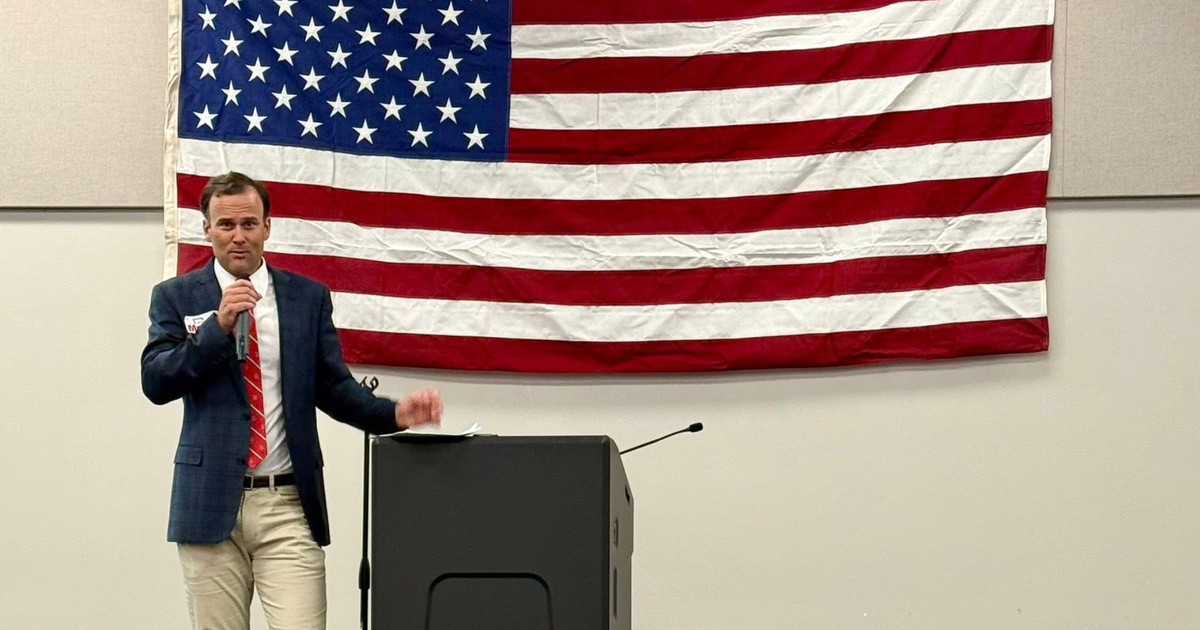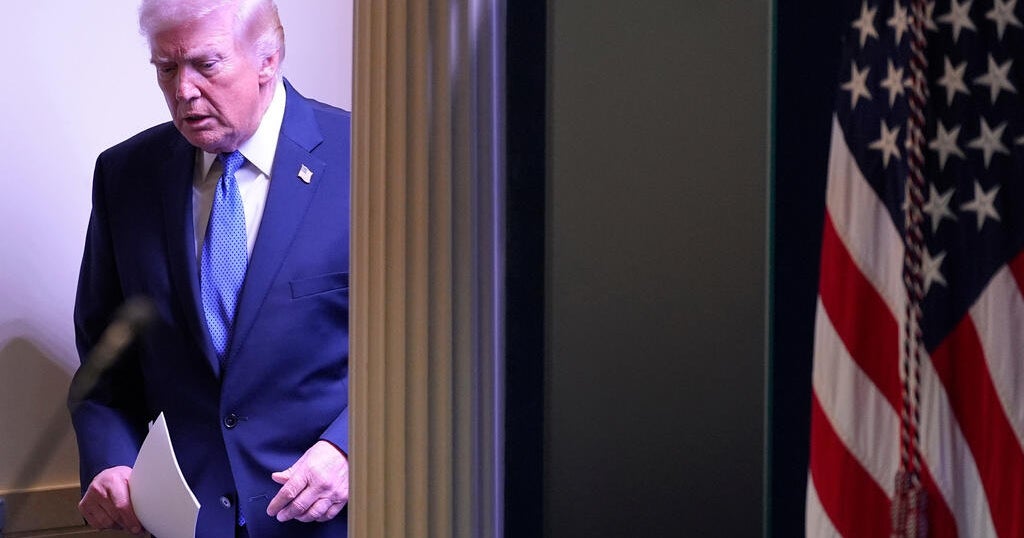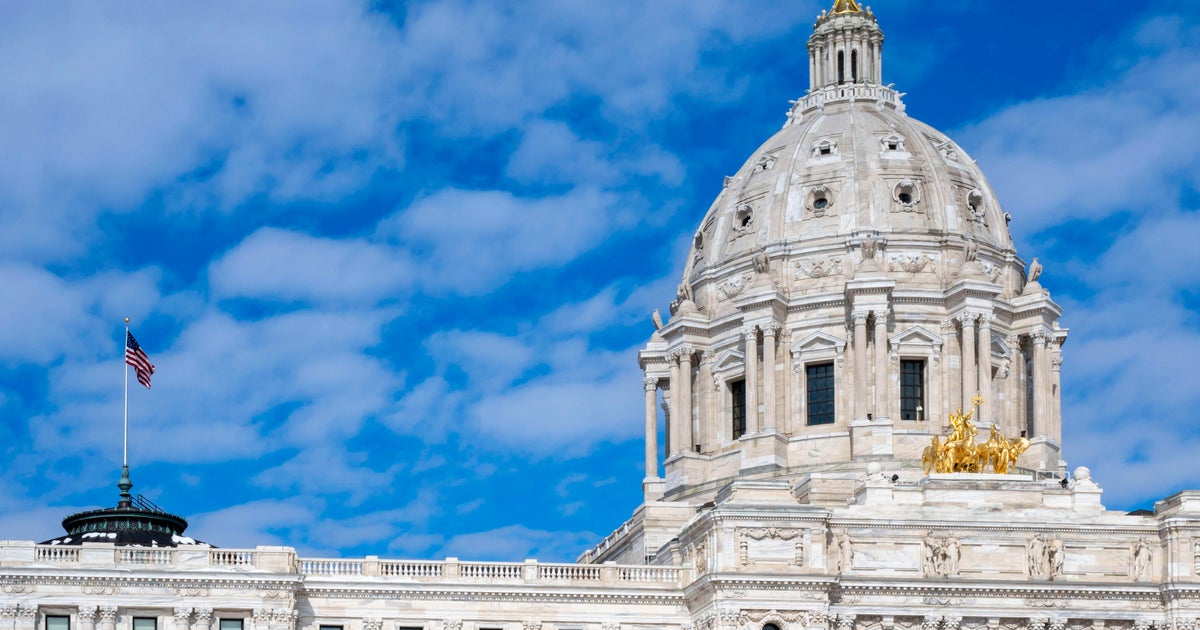House passes revised coronavirus relief bill, but it's unlikely to move in the Senate
The House passed a $2.2 trillion coronavirus relief bill on Thursday, as the prospects for a deal between Democrats and the White House seem to be fading. But the bill is unlikely to move through the Republican-led Senate, as Senate Majority Leader Mitch McConnell has indicated that he would not support any legislation that has a price tag of more than $2 trillion.
The bill passed almost entirely along party lines, with only 18 Democrats voting against it.
House Speaker Nancy Pelosi told reporters on Thursday that Democrats and the Trump administration were still far apart on issues including funding for state and local governments, and there is "a stark difference not just of dollars, but of values."
After discussions with Treasury Secretary Steven Mnuchin in recent days, Pelosi said the two also remain "way off" on a child tax credit, which Democrats want to have included in any deal. But she also said that they're "in the ballpark" on health care provisions and assistance for small businesses.
She said that she was "hoping" the House would vote on the revised HEROES Act on Thursday but still expressed some optimism that a deal could be reached with the White House.
"Hopefully, we can find our common ground on this and do so soon," she said, but she reiterated her argument that a smaller relief bill is not better than no bill at all.
"People say, 'Isn't something better than nothing?' No, there can be an opportunity cost," Pelosi said in her press conference, giving the example of a tax cut which Republicans would like to include in a final proposal. House members could return to their districts to campaign as soon as Thursday evening, meaning that the window to pass any legislation is closing quickly.
The revised HEROES Act is a slimmed-down version of the $3.4 trillion relief bill the House passed in May. It would restore a popular benefit providing an additional $600 per week on top of unemployment benefits, deliver another round of direct payments and provide funding for schools and state and local jurisdiction.
Some of the more moderate Democrats in the House had pushed Pelosi to put another bill on the floor. The bipartisan House Problem Solvers Caucus introduced a bill that would cost around $2 trillion, and Mnuchin said on Wednesday that his $1.6 trillion counteroffer to Pelosi would be similar to that framework.
A House Democratic aide confirmed to CBS News that Mnuchin and Pelosi were expected to speak on the phone on Thursday afternoon to continue negotiations.
McConnell said Wednesday that "the thought that Senate Republicans would go up to $2.2 trillion is outlandish."
White House Press Secretary Kayleigh McEnany also dismissed Pelosi as being "unserious" in negotiations. She praised the White House offer for a $1.6 trillion proposal, but said Democrats are refusing to budge.
"Nancy Pelosi is not being serious. If she becomes serious, then we can have a discussion here," McEnany said at a press briefing on Thursday. She added that the $1.6 trillion offer is a "good proposal, but it is one that [Pelosi] is not interested in."
Kimberly Brown contributed to this report.



